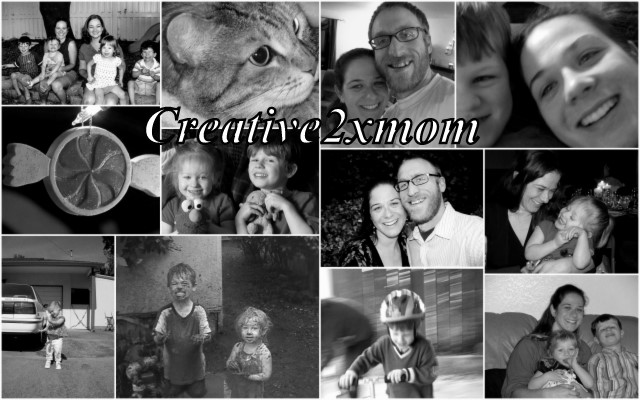The past few days we've been reading Chapter 2: "Your Child's Development: Shaping Influences." This chapter is part of a two-part explanation about how your child is shaped. While chapter 2 discusses the effect of experiences on your child, chapter 3 will discuss the way in which your child reacts to them. Tripp's belief is that these two factors are what shape a child.
The book explores six categories of influence on a child:
- Structure of Family Life--how many parents or generations live in one home? What is the birth order of the children? How do the children's personalities mix with each other and their parents?
- Family Values--What is important to the parents? What is unimportant and passes without notice? What takes precedence: people or things? How are boundaries set up with "outsiders?" How are values centered: around a worldly view or Christian view?
- Family Roles--Who does what in the home? How involved are the parents in their children's lives? Who does the housework? The yard work? Who pays the bills?
- Family Conflict Resolution--How is conflict resolved? Do family members simply storm out of the room or is there resolution on both sides? Does the family talk about their problems?
- Family Response to Failure--How are failures treated? Is each experience treated as a learning opportunity? Are children treated foolishly? Or encouraged to try again? Is there shame involved?
- Family History--Has there been a death in the family? The birth of a new sibling? How long has the family put down roots? Does the family need to move frequently?
Tripp goes on to talk about Christian determinism vs. denial. If we're not careful, we can easily fall into one of these two traps.
Christian determinism is a mindset which concludes that if we simply structure every opportunity for our child, he will turn out ok. If we pick the right friends, find the right activities, structure every detail of their lives... our children will readily adopt our faith and follow the Lord. Determinism dictates that we can shape our children as they have no choice in the matter.
Denial is simply believing that these things have no effect on our children. As parents, we can deny the effect of the world on our kids and believe that everything will be ok no matter what we do. Rather, we must understand that the choices we make do influence our children and we should take a measurable amount of concern when structuring our children's environment.
Tripp makes two points near the end of the chapter that I'd like to highlight:
"You must do all that God has called you to do but the outcome is more complex than whether you have done the right things in the right way."
and
"Your child's heart determines how he responds to your parenting."
This is the crux of the issue. We must do all that we can do in shepherding our children's hearts (thus running from denial), but understand that we are only a part of the equation (thus distancing ourselves from determinism).
Questions from the chapter:
1. What have been some of the prominent shaping influences of your child's life?
6. What are the patterns of conflict resolution? How have these patterns effected each of your children? Is change warranted? If so, what change?
9. Do you tend to be a determinist in the way you look at child rearing? Are you able to see that your children are active responders to the shaping influences in their lives? How do you see them responding?







1 comment:
Great to meet you! I'm popping in from the Mommyfest site. I enjoy your blog. It's really nice. Hope to see you drop on over to my site, The So Called Me. I'd really love to have you!
Happy Partying! <3
Post a Comment